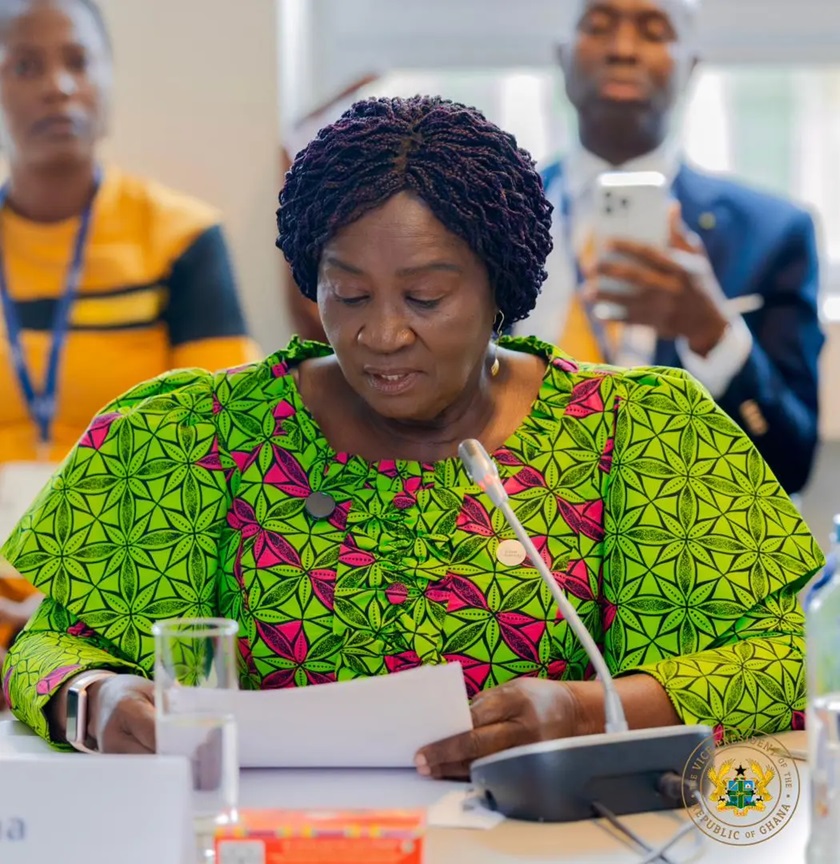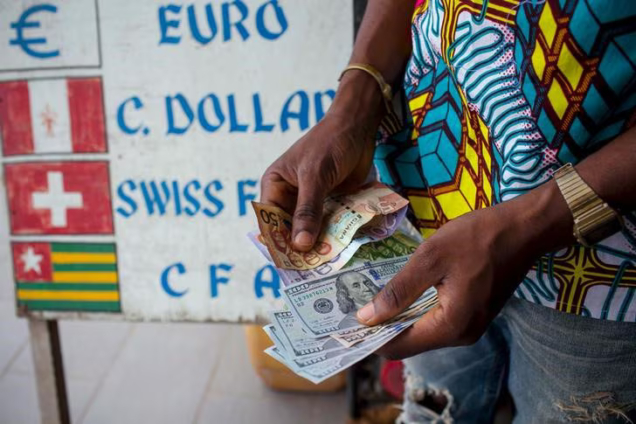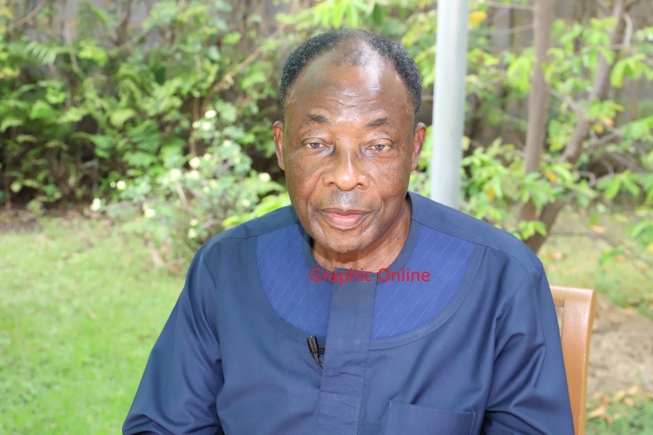Ghana’s Vice President, Prof. Naana Jane Opoku-Agyemang, has urged global stakeholders to move beyond raw commodity trade and embrace partnerships that promote value addition, sustainability, and fairness within the cocoa sector.
Speaking at the EU Sustainable Cocoa Initiatives event in Brussels, Prof. Opoku-Agyemang emphasized Ghana’s commitment to processing a greater share of its cocoa locally—describing it as both a legitimate aspiration and a strategic necessity for national development.
She noted that true economic empowerment lies in climbing higher up the value chain, where local processing generates jobs, strengthens industrial capacity, enhances bargaining power, and preserves national sovereignty.
“The greatest returns—in finance, employment, and skills—come when Ghana and other producing countries manufacture finished products like chocolate,” she said.
Prof. Opoku-Agyemang highlighted that Ghana has already taken significant steps to expand processing capacity to nearly half a million tonnes, driven by incentives under the Free Zones and Investment Promotion frameworks. Government, she added, aims to boost this further through improved logistics, reliable energy supply, and a business-friendly environment.
She identified financing as one of the main challenges confronting local processors, explaining that access to affordable capital remains limited while banks remain cautious due to existing sector exposure. She therefore called for blended financing models that integrate investment and working capital, include risk-sharing mechanisms, and provide technical assistance—especially for smaller rural processors.
On sustainability, the Vice President said Ghana is deploying digital traceability systems to enhance transparency, eliminate child labour, and strengthen consumer confidence. She added that allocation mechanisms at COCOBOD continue to ensure fair access to beans for both domestic processors and exporters.
Prof. Opoku-Agyemang also urged international partners to tackle tariff disparities that discourage value-added exports, noting that while raw cocoa beans enter some markets duty-free, processed cocoa products face steep tariffs—an imbalance she said runs counter to fair trade principles.
She reaffirmed that Ghana’s broader transformation agenda—anchored in the Big Push Initiative and the “Connect 24” pillar of the 24-hour economy—is building the infrastructure needed to drive agro-industrialization through reliable energy, logistics, and data systems.
Referencing the Living Income Differential (LID) introduced by Ghana and Côte d’Ivoire, Prof. Opoku-Agyemang said the policy reflects both countries’ shared determination to secure fair income for cocoa farmers and ensure dignity in their work.
The Vice President concluded by calling on the EU Sustainable Cocoa Initiative and the Global Gateway Framework to partner more deeply with Ghana—investing in local processing, unlocking financing for cooperatives and SMEs, and ensuring sustainability standards are inclusive and non-punitive.
“Let us work together to create a cocoa sector that is fair, sustainable, and beneficial to all,” she said.
Source: gbcghanaonline.com






